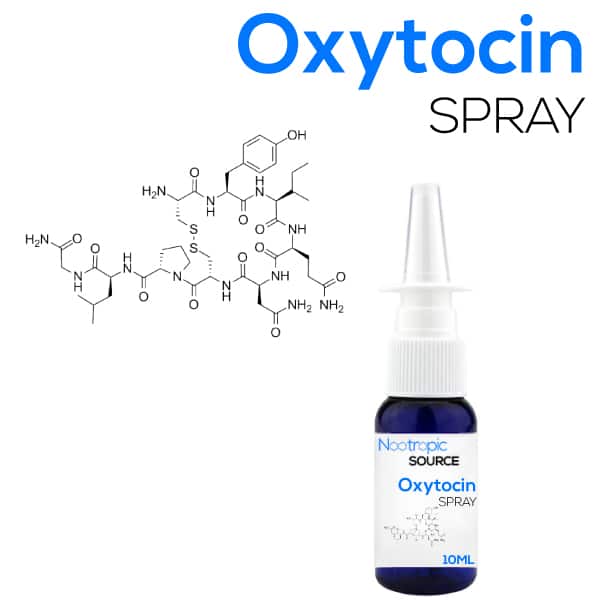Hormone Therapy for Nasal and Sinus Cancer

What is Hormone Therapy?
Hormone therapy is a type of cancer treatment that involves the use of hormones to block the growth and spread of cancer cells. It works by disrupting the hormone balance in the body, which can slow down or stop the growth of cancer cells. Hormone therapy can be used alone or in combination with other cancer treatments, such as chemotherapy and radiation therapy.
Types of Hormone Therapy
There are several types of hormone therapy that can be used to treat nasal and sinus cancer. These include:
- Gonadotropin-releasing hormone (GnRH) agonists: These drugs work by reducing the amount of testosterone in the body, which can slow down the growth of cancer cells.
- Aromatase inhibitors: These drugs work by blocking the production of estrogen in the body, which can slow down the growth of cancer cells.
- Anti-androgens: These drugs work by blocking the effects of testosterone in the body, which can slow down the growth of cancer cells.
How is Hormone Therapy Administered?
Hormone therapy can be administered in several ways:
- Injection: Hormone therapy drugs can be injected into the bloodstream or muscle.
- Pill: Hormone therapy drugs can be taken orally.
- Implant: Hormone therapy drugs can be implanted under the skin.
Benefits of Hormone Therapy
Hormone therapy can offer several benefits for people with nasal and sinus cancer. These include:
- Slowing down the growth of cancer cells
- Reducing the risk of cancer recurrence
- Reducing the need for more invasive treatments, such as surgery
Drawbacks of Hormone Therapy
While hormone therapy can be an effective treatment for nasal and sinus cancer, it does have some drawbacks. These include:
- Side effects, such as hot flashes, fatigue, and loss of bone density
- The need for long-term treatment
- The potential for cancer to become resistant to the therapy over time
FAQs
1. Is hormone therapy the only treatment option for nasal and sinus cancer?
No, hormone therapy is just one of the treatment options available for nasal and sinus cancer. Other treatment options include surgery, chemotherapy, and radiation therapy.
2. How long does hormone therapy last?
The length of hormone therapy treatment depends on the individual case. Some people may need to continue hormone therapy for several years, while others may only need it for a few months.
3. What are the side effects of hormone therapy?
The side effects of hormone therapy can include hot flashes, fatigue, and loss of bone density.
4. Can hormone therapy cure nasal and sinus cancer?
Hormone therapy alone is unlikely to cure nasal and sinus cancer. It is typically used in combination with other treatments, such as surgery and radiation therapy.
Conclusion
Hormone therapy can be an effective treatment option for people with nasal and sinus cancer. It can slow down the growth of cancer cells and reduce the risk of cancer recurrence. However, it does have some drawbacks, such as side effects and the need for long-term treatment. If you have been diagnosed with nasal and sinus cancer, speak to your healthcare provider about whether hormone therapy is right for you.
